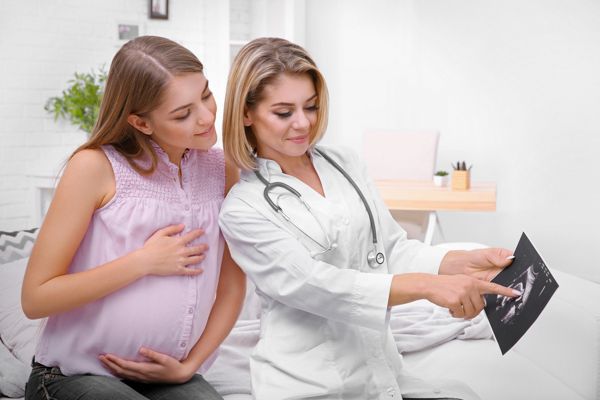How Does the Egg Donation Process Work For an Egg Donor
BackEgg donation is a noble part of assisted reproductive technology or ART where a fertile woman decides to donate her egg or oocyte to another woman and help her achieve pregnancy.
The procedure involves removing an egg or eggs from the donor and then fertilizing them in a laboratory. Once the embryo is obtained, it is transferred into the recipient’s uterus. Specialists sometimes freeze some embryos to use later or maybe to use for some other woman.
Egg donation benefits all those women who cannot use their own eggs for reasons that include:
- Ovarian failure
- Congenital anomalies in the fetus or Advanced age
What to expect from the procedure of egg donation?
It is an intensive selection process to finalize the egg Donor and determine whether she is suitable for the procedure or not. This is not only a process that involves physical diagnosis but also legal aspects are considered. Interested egg donors have to go through a series of medication that stops they are normal menstruation cycle. They might experience the followings due to the effect of such medication:
- Headache
- Body aches
- Hot flashes
- Fatigue
- Mood swings
The series of fertility drugs administered on the egg donors stimulate their ovaries to produce more than one best quality egg. This process is known as hyperstimulation. There will be a time when the egg Donor has to self-administer stimulation injection. This might cause her:
- Tender breasts
- Severe ovarian hyperstimulation syndrome (OHSS)
- Bruising at the injection site
However, this can be well-managed with medication and other guidelines. Egg donors do not have the risk of pregnancy unless the eggs are retrieved. So it is advised to them to not indulge in any sexual activity that leads to intercourse. A barrier contraceptive, such as a condom, is highly recommended in case they choose to make out in this duration. The egg Donor undergoes multiple blood tests and ultrasound examinations to monitor their reactions to the medications.
During Extraction
The egg donor receives her final injection shortly before the retrieval of the eggs. It requires a transvaginal ovarian aspiration in order to remove the eggs from the donor’s ovaries. The doctor inserts an ultrasound probe into the egg donor’s vagina and removes the egg from each follicle using a needle.
The procedure lasts for about 30 minutes. The egg Donor is given painkillers, sedatives, or an anesthetic to control the pain of the procedure.
No hospitalization is required during this phase. However, an overnight hospital admission might be required if in case the egg Donor experiences any serious troubles after the egg retrieval procedure.
After Donation
Egg donors return to normal activities the next day. They do not require several days of rest to recover from the transvaginal ovarian aspiration. If in case there is a rare occasion of restlessness or any other side effect in the Egg Donor, she might need to take a few days rest and undergo certain medication how to get back the swing.
There is no adverse psychological impact on the egg Donors as they are constantly under the guidance of a counselor or psychotherapist.
Summary
Egg donation brings success to the IVF procedure. It is one of the most important applications of fertility treatment that has gained popularity in recent times. Not only fresh eggs, but frozen eggs are also used for the purpose of completing an IVF cycle. Egg donors are screened physically and with a lot of conviction to ensure the success of the process.
